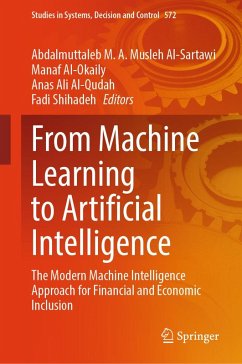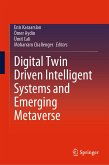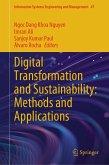Financial inclusion is defined as the proportion of people and corporations that use financial services. It further describes the fair, equal, and attainable access to financial services (Rawat et al., 2023). Financial inclusion is key to economic inclusion and economic growth as it enables the poor to improve their lives. Chapters in the book will improve our understanding of the advances and challenges of applying machine intelligence for financial inclusion and economic growth in different contexts including financial markets, governments, and corporations in both developing and developed countries. Access to financial services is essential to development efforts of markets, economies and eventually societies. Hence, in this context, financial inclusion can be explained as the process of ensuring that individuals particular impoverished people have access to essential financial services in the formal financial sector. Financial inclusion, recently, has been receiving traction from scholars and policymakers whereby it is one of the major strategies used by economies and societies in achieving UN's sustainable development goals. Rawat et al. (2023) argues that it is vital to increase the use of "low-cost digital methods" for the economically marginalized and under-served people and sectors. There is a need for financial inclusion for the rapidly dynamic Industry 4.0. Therefore, linking technology, more particularly machine intelligence with financial inclusion and technology access is quite crucial given the current technological environment. Additionally, financial inclusion helps in enhancing the level of economic and social inclusion in many societies and developing countries as well as help in reducing poverty levels. Policy makers in several countries continue to commit significant resources and technologies to increase the level of financial inclusion in their countries to reduce financial exclusion. In developing countries, financial inclusion remains below potential in part due to the digital divide, limited technology access and the challenge for financial institutions in developing products for the low-income mass market (Hook IV, 2019; Marimuthu et al., 2022).
These matters are important topics to be researched and discussed, especially with the advancement of technology such as artificial intelligence, machine learning, blockchain, business intelligence, online education, in the current post-pandemic environment which catalysed these digital transformations. Therefore, this book has been proposed to discuss a very important and emerging topics which contributes significantly to policy and the SDGs in the digital economy.
Dieser Download kann aus rechtlichen Gründen nur mit Rechnungsadresse in A, B, BG, CY, CZ, D, DK, EW, E, FIN, F, GR, HR, H, IRL, I, LT, L, LR, M, NL, PL, P, R, S, SLO, SK ausgeliefert werden.









